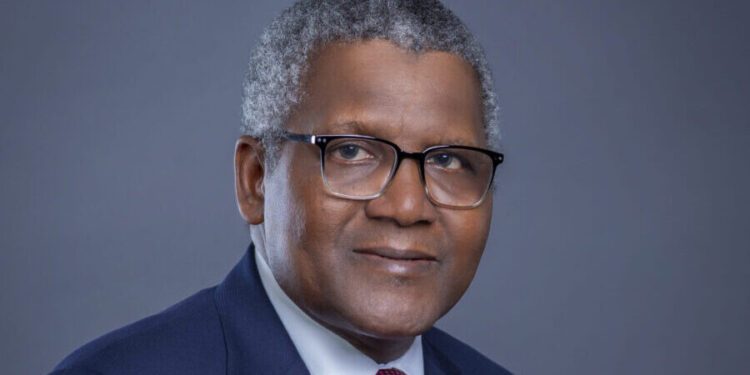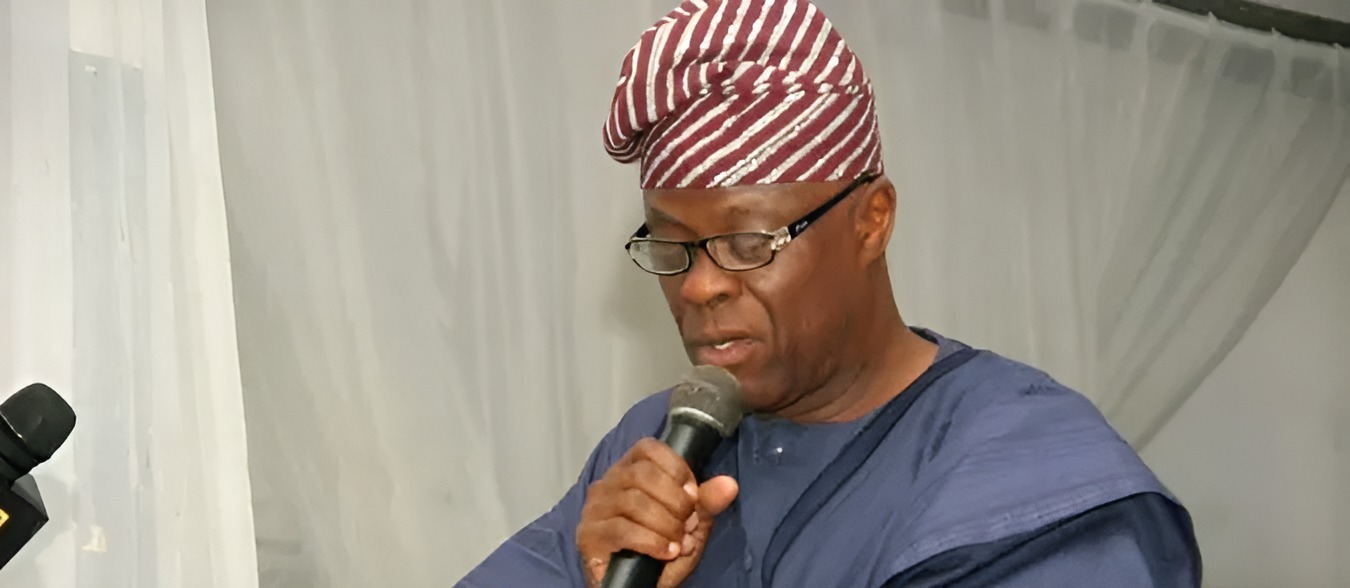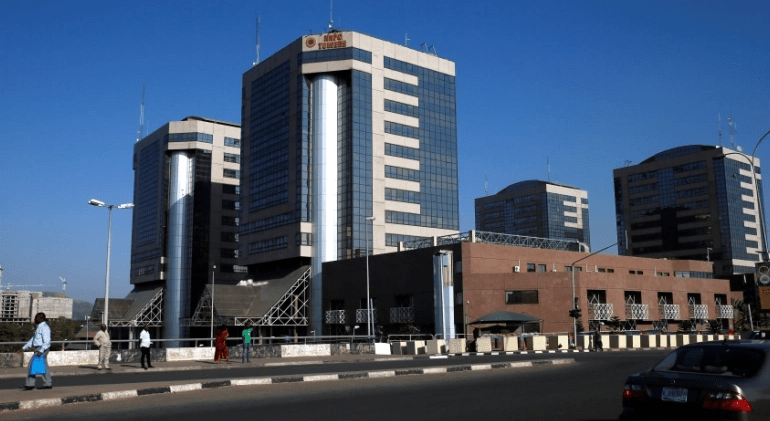
Statistics coming out of a recent encounter between the GAMINGWEEK team of Nseobong Okon-Ekong and Iyke Bese with Ladipo Abiose, the visioner of a problem gambling non-profit, GamblePause, has thrown up revealing information suggesting the organization generated 1.9 million digital impressions, reached over 4,800 secondary school students through its underage gambling campaigns, while also engaging an additional 11,432 tertiary students on gambling awareness. Over the course of a year, GamblePause received more than 1,900 counselling referrals for gambling-related distress, resulting in 734 successful interventions carried out by 21 psychologists
They say, “Experience is the best teacher,” and for Ladipo Abiose, founder of GamblePause, this came at a cost. What began as a harmless way to pass the time with disposable income spiralled after his first big win. This win gave him the conviction he could learn patterns, predict outcomes, and double his income. Eventually, he fell down a rabbit hole chasing losses, most of which were never recovered.
While seeking help for his newly acquired habit, he noticed there was a dearth of resources for millions of Nigerians with problem gambling, many of whom lacked the financial stability or awareness he had as a trained financial investigator. After struggling to navigate a complex system to get help, he had an epiphany: What if I can help fix this silent epidemic? Enter GamblePause.
“The major reason I decided to follow this path was because I actually experienced gambling harm. I’m a lived experience expert, and it was taxing for me. It was a major problem for me at that point because I was wondering how I even got there. I would say that I’m a very disciplined person,” Abiose explained.
Like other dopamine-fuelled addictions, it cuts across class, education, and background. What starts as harmless pleasure can quietly spiral into dependency.
“For me, it felt like I was a different person. So it’s more like you’re talking about two different people. Because at some point, I knew myself and I knew how I operate normally. Then all of a sudden, I was now moving like I didn’t even know myself. I was looking in the mirror, and when I looked in the mirror, I saw someone else. It was really difficult to marry both personalities up,” Abiose said.
He added, “70% of the clients that we are currently treating struggling from problem gambling started when they were young… Your brain starts moving differently. You’re so addicted to quick returns.”
GamblePause, a nonprofit organisation with the mission to promote responsible gambling, advocate against underage gambling, and provide help for individuals saddled with problem gambling, kicked off operations last year in July, leveraging virtual spaces to reach out to and provide assistance to key demographics. Recently, it transitioned into a physical space to bridge the gap between virtual support and in-person intervention.
Since its launch, GamblePause has generated 1.9 million digital impressions, reached over 4,800 secondary school students through its underage gambling campaigns, and also engaged an additional 11,432 tertiary students on gambling awareness. Over the course of a year, GamblePause received more than 1,900 counselling referrals for gambling-related distress, resulting in 734 successful interventions carried out by 21 psychologists.

“We just launched the rehab about two months ago. And the reason why we launched the rehab was because we were getting numbers, a lot of people calling in and speaking about how they needed us to help them and they wanted to opt for more personal, one-on-one interaction with the psychologist as opposed to the virtual conversations,” noted Abiose. “Why I believe that is very important is because sometimes a lot of people, the sort of addiction they’re dealing with, need a physical connection with someone. And because of that, we were pushed to set up a space where people can come in to seek help.”
GamblePause adopts a hybrid model, combining virtual and physical support to widen access. Its interventions are guided by Cognitive Behavioral Therapy (CBT) assessments, ensuring targeted, evidence-based care for individuals affected by gambling harm.
Although the sports betting industry acknowledges the growing cases of problem gambling and the role nonprofits play in curbing the scourge, Abiose noted that novelty hasn’t worked in his favour, nor for other nonprofits tackling similar issues in the space at no cost to punters. While there’s been some support, it hasn’t quite matched the scale of the growing problem.
“A major challenge is the lack of support from the industry,” said Abiose. “Many saw us as a threat to the industry, as opposed to seeing us as partners to help solve a problem in the industry. So lack of support basically has been the major challenge that we’ve been having.”
Beyond support from the sports betting ecosystem, Abiose believes that the perception of those outside the industry plays a key role in whether individuals with gambling problems feel safe enough to seek help. Without support from the community, which often stigmatises them for religious or cultural reasons, he emphasised the need for public education to frame gambling as a form of entertainment rather than a means of making a living. He sees this as the only option, believing the gaming industry has come to stay.
Abiose said, “We believe that it has made it really difficult for people to open up about their problems. Because you can’t even speak to people that you believe are religious leaders because you believe that you’d be stigmatised or you’d be judged. And I believe that it hasn’t played a good role. That has been like a setback in that space.”
Marking the milestone of its first anniversary, Abiose continues to collaborate with similar organisations to fast-track progress through support, shared resources, and joint advocacy efforts aimed at expanding reach, improving interventions, and driving policy change around responsible gambling.
“In the next two years, I believe that we’ll be able to touch more lives. And we’ll be able to expand from this space to something bigger. We’re taking this across Africa. We’ll plant seeds in other countries, expanding the brand and the mission,” he stated.
The post Rewriting the Odds: A Nigerian Founder’s Fight Against Gambling Addiction appeared first on THISDAYLIVE.




